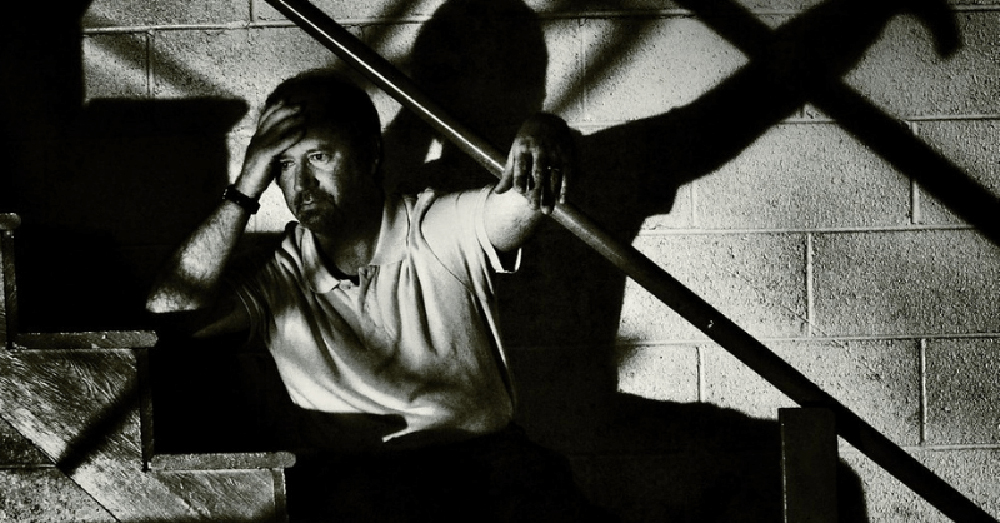There is just one reference in the Bible to Jesus singing. It’s tucked away at the end of the Last Supper scene. Perhaps the significance of that scene – the night before Jesus died, where he takes bread and wine and says, this is a picture of my death – overshadows how the account ends. But here’s what it says:
“When they had sung a hymn, they went out to the Mount of Olives.” Matthew 26:30.
As the one who presided at the meal, Jesus himself will have led his disciples in that song. We don’t know what the song was, of course, but Matthew’s language – umnēsantes – tells us that it was one of the 150 Psalms in the biblical book of Psalms (Umnēsantes is a word that indicates singing one of the Psalms).
Was it one of the happy worshipful sounds? Possibly – Passover (when this meal took place) was a celebration, mainly. Then again, Jesus had put quite a dampener on the night by telling them all that he was going to die and then passing them bread and wine, saying, “This is my body. This is my blood.”
Many of the individual Psalms in the Book of Psalms are not celebrations. Scholars classify the Psalms into different genres. There are Psalms of praise, Royal Psalms, Wisdom Psalms and so on. Roughly 30 of the 150 Psalms are classified as Psalms of complaint or lament – that is, words that are designed to cry out to God about the underbelly of life. Here is how Psalm 10 opens:
Why, Lord, do you stand far off? Why do you hide yourself in times of trouble?
Or Psalm 13 is another classic lament:
How long, Lord? Will you forget me forever? How long will you hide your face from me? How long must I wrestle with my thoughts and day after day have sorrow in my heart?
Or Psalm 22.
My God, my God. Why have you forsaken me? Why are you so far from saving me so far from the cries of my anguish? My God, I cry out by day, but you do not answer by night. And I find no rest.
These were all sung by Jews in Jesus’ day, and then by Christians after that. Whether or not the song Jesus sang with his disciples was one of praise or lament, within hours of that last supper Jesus would be yelling out one of these Psalms. It’s a lament Psalm, Psalm 22. In the crucifixion scene from Matthew chapter 27 we read:
About three in the afternoon. Jesus cried out in a loud voice. “Eli, eli lama sabachthani”, which means, “My God, my God. Why have you forsaken me?”
It’s a direct quotation of the lament Psalm 22, written centuries earlier. Jesus obviously didn’t sing this lament from the cross. He screamed it and thereby endorsed lament as a profound mode of communication with the Father.
Psalm 22 and all the other lament Psalms are more than us shouting at God. It’s God’s invitation for us to do so.
A few years ago, Bono from U2 was invited to write the introduction to a new publication of the Psalms. It’s actually a really insightful essay. At one point he says, “That’s what a lot of the Psalms feel like to me – the blues. Man shouting at God, “My God, my God, why hast thou forsaken me?”
It’s a pretty clear indication of the importance of lament, but actually Bono doesn’t go far enough. Psalm 22 and all the other lament Psalms are more than us shouting at God. It’s God’s invitation for us to do so.
There are so many lament songs in the Bible because God invites us to come to him with our doubts and complaints as ourselves, not in some religious opioid state. It’s precisely in that mode of personal engagement with God – even in the discord and tension – that we’re in a position to hear the beautiful melody that promises a resolution that calls us home.
By John Dickson
It's OK to lament, Jesus did
Want to hear the rest of the episode?
Check out episode 28: “Discordant Religion”











































